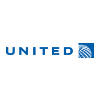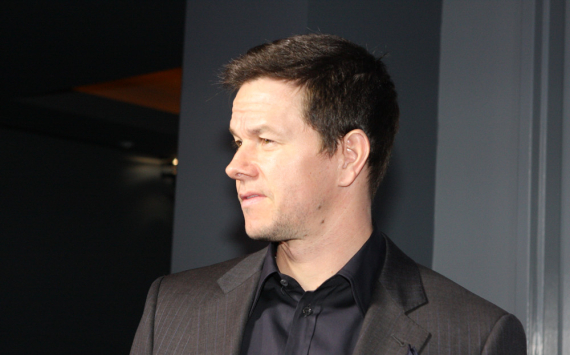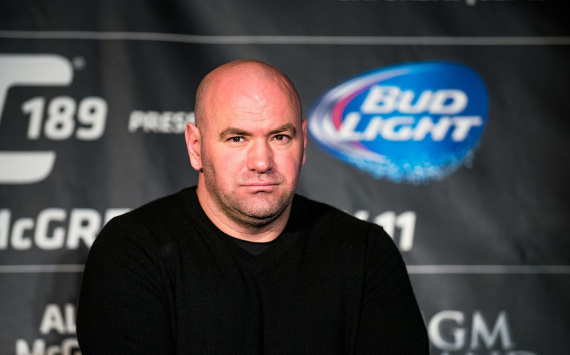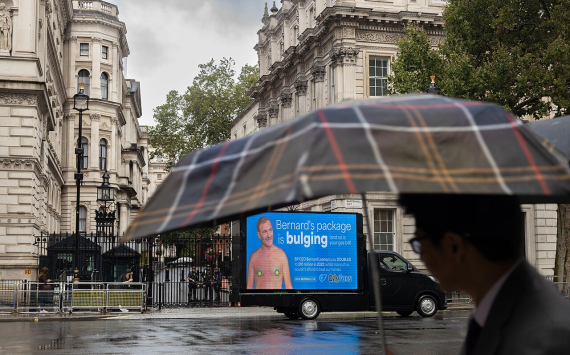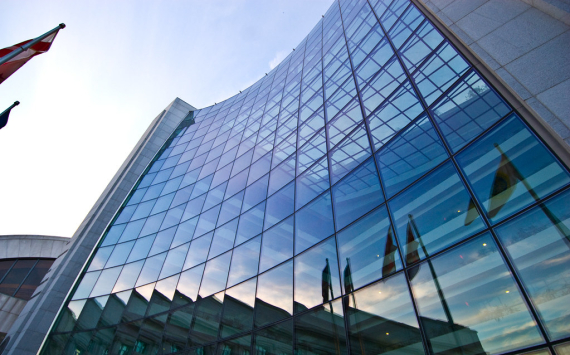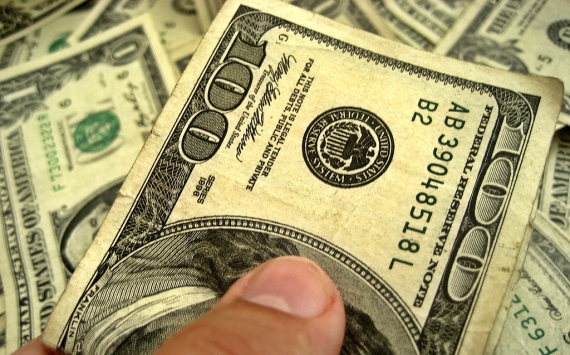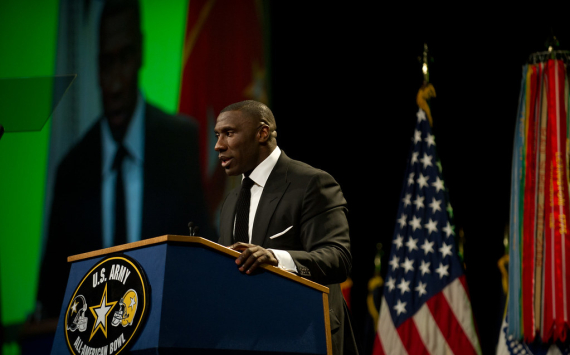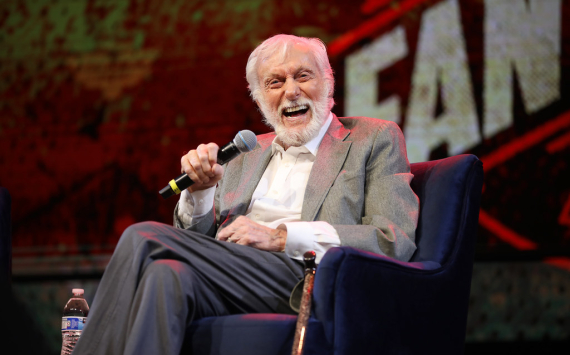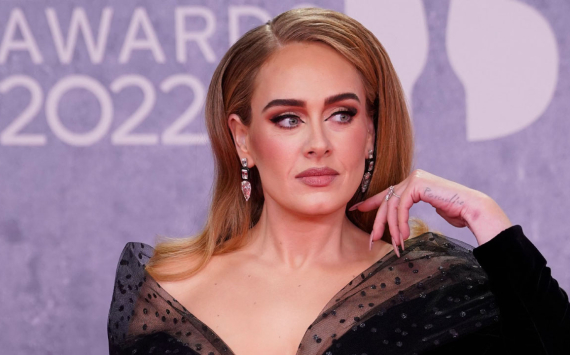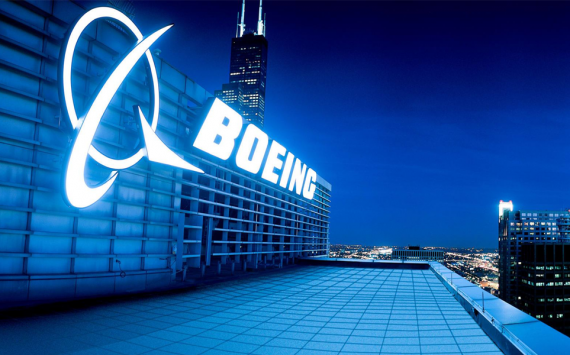
No orders
Boeing stocks declined after the company reported another cancellation of 737 MAX flights in November, as well as no orders for the 787 Dreamliner at all. Following the cancellation of the order for the 737 MAX FAA, Boeing delivered the first aircraft to United Airlines and as a result received its first major pre-order for these models.
Boeing (BA) shares, which increased by almost 50% in the last month, fell by 0.67% on Tuesday as the company published another month with low deliveries and large number of cancellations of orders for its aircraft.
The world's largest aircraft manufacturer reported that 63 more orders for its 737 MAX aircraft were cancelled in November, bringing the total number of deliveries to only seven, compared to 24 in November 2019. Since the beginning of 2020, Boeing has delivered 118 aircraft, compared to 477 deliveries from its main European competitor Airbus.
Boeing has not received a single order for its 787 Dreamliner wide-body passenger aircraft, as demand for these aircraft has fallen dramatically during the pandemic.
The number of cancelled orders for the 737 MAX aircraft during the year, including orders changed by customers for a different model, rose to 536 aircraft.
At the same time, market analysts are optimistic as at least one of the crises for Boeing, the 737 MAX grounded aircraft, is coming to an end. On 18 November, Boeing received FAA approval for 737 Max flights after 20 months of investigations into two plane crashes.
Improvements in the Company's performance
Deliveries of the 737 Max started again this week, with the first aircraft arriving at United Airlines. According to interviews, this aircraft is 1 out of 8 737 Max aircraft that are expected to be delivered to the carrier before the end of the year.
United, which at the time of grounding had 14 Boeing 737 Max 9 aircraft, plans to recommence commercial operation of these aircraft in the 1Q of 2021. American Airlines may become the first American carrier to resume commercial operations with the renewed Max on 29 December.
The order is worth around $9 billion at a list price.





